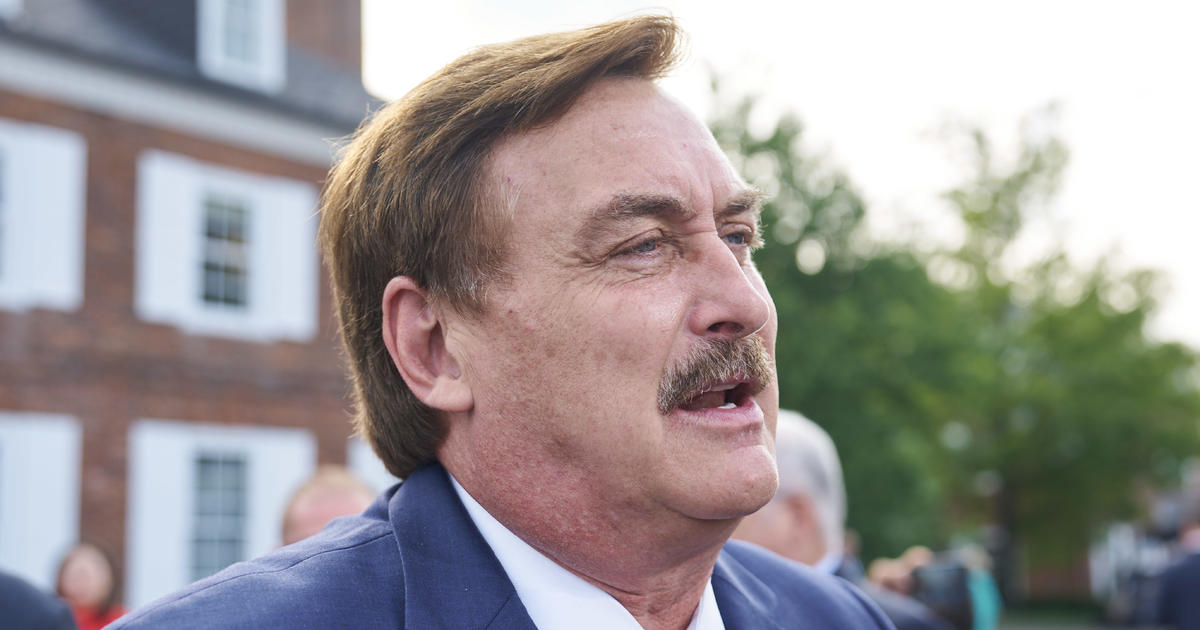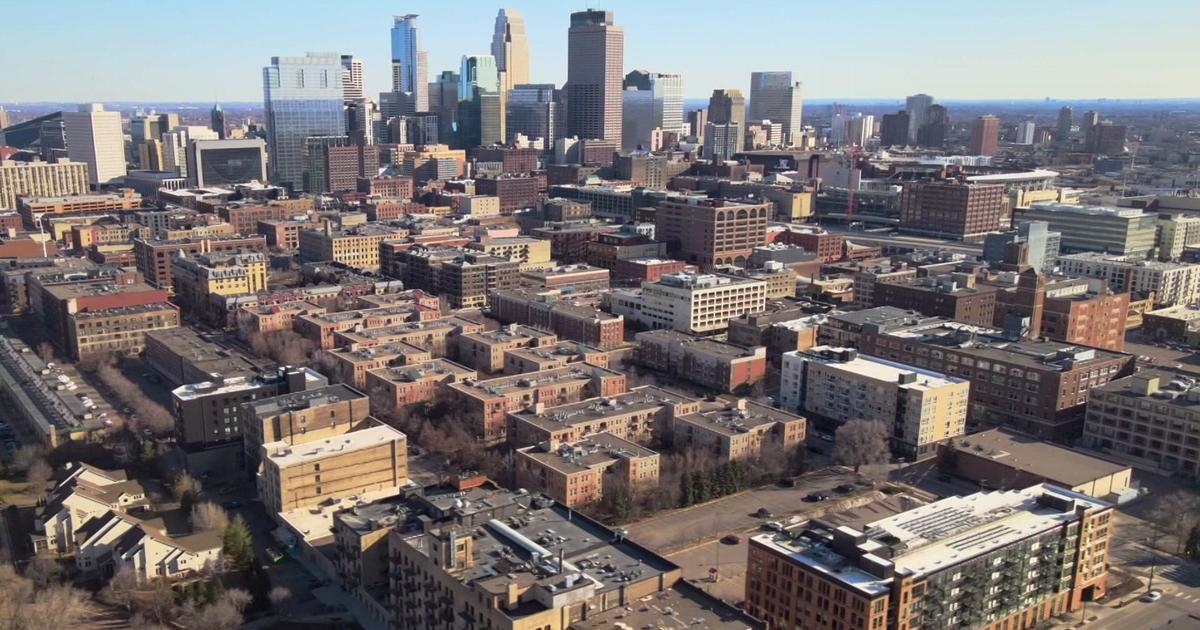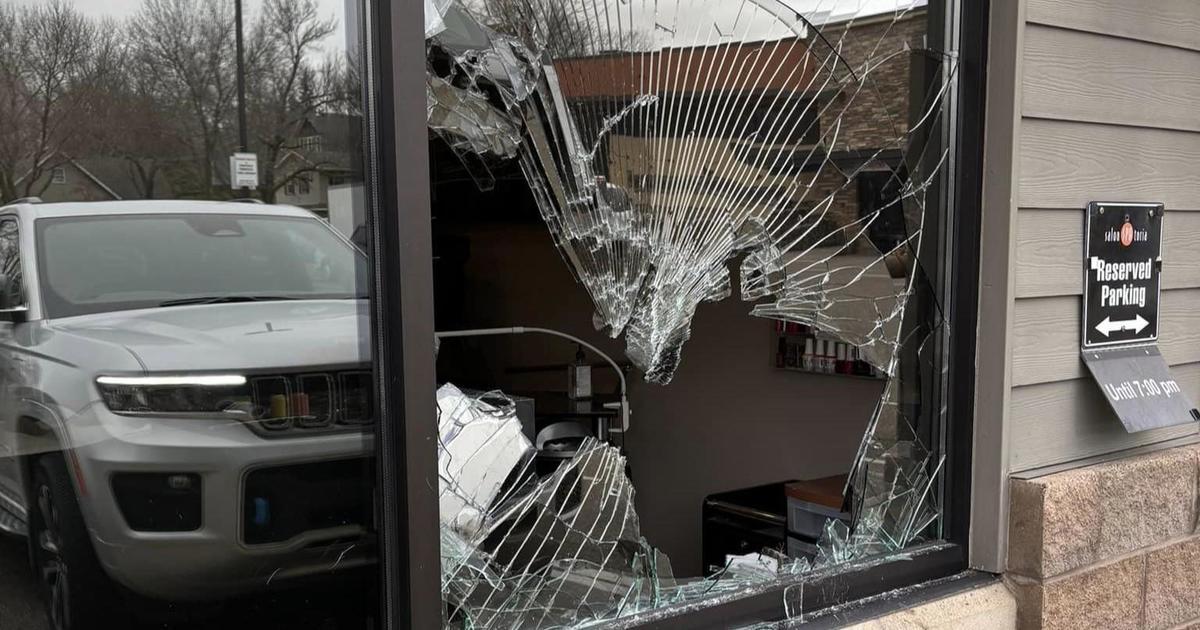Filmmaker Behind 'The Cove' Casts Much Bigger Net In 'Racing Extinction'
In 2010, National Geographic photographer and filmmaker Louie Psihoyos won an Oscar for The Cove, a graphic and unforgettable exposé of dolphin hunting in Japan. In that film, Psihoyos and his team of activists sneaked into an area where dolphins are herded for harpoon slaughter and fixed hidden cameras. The bloody images captured in the process horrified Western audiences and showed that filmmaking concerned with activism and the environment doesn't have to be preachy and boring. It can be thrilling, too.
With his most recent project, Psihoyos took this style of cinematic activism and broadened the scope. Instead of just focusing on one issue, Racing Extinction takes on several, all with the idea that mankind will likely be behind the planet's sixth mass extinction. While the film's concept can be applauded for being ambitious, and even compelling, Racing Extinction suffers from casting such a large net. Because instead of painting a clear picture of the problems, the documentary offers a collage of catastrophe. It might touch on, for instance, how the West's addiction to meat and fossil fuels is contributing significantly to climate change before jumping to the issue of endangered species markets in Asia, but the film doesn't quite do any heavy lifting in any one area. What drives the project in place of an in-depth examination are undercover sting jobs and the use of James Bond-style gadgets that work, both figuratively and literally, to shine various lights on the struggles our planet is facing.
Structural issues aside, Racing Extinction's central message is nearly impossible to ignore. It hits you in the face after you get caught up in the momentum as Psihoyos goes undercover to expose the global endangered species trade. Like in The Cove, Psihoyos and his crew tug at your heart strings with gruesome images of manta rays and sharks being killed, but they also go one step further. They show that change is possible, that these tiny fishing villages, for instance, can switch to sustainable tourism economies. As such, Racing Extinction has a tangible sense hope in a future where mankind doesn't destroy the planet. This built-in hopefulness is what makes the call to arms at the end of Racing Extinction feel something more than just a dramatic gesture. So by the time Antony Hegarty's voice trembles over the closing credits, you'll be wondering what you can do to help stop catastrophe, whether it be going into activism yourself or just cutting back on your weekly burger intake.
Racing Extinction is playing at the St. Anthony Main Theatre.



